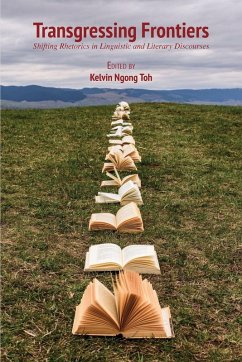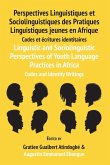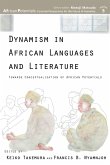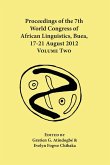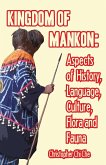The focus of this book is to assess, through language and literary studies in interpretation, the epistemic representation of frontiers in its shifting and fixing categories. The contributing researchers stress on the fact that crisscrossing has taken its toll on communities and disciplines and that hegemonic positions are becoming increasingly redundant and provocative. Frontier discourse is therefore, a socio-political and culturally oriented discourse. Importing it to language and literary studies also shows that literary circles like language are equally shifting and erasing borderlines. The chapters discuss crisscrossing of frontiers both as geography and epistemology. This is in line with the new cultural ontology that opens up new interpretations and shifts from previous ones in the disciplines of Language, Linguistics, Arts and Literature. The book pulls together a wide range of issues based on a plurality of theoretical assumptions. The issues presented are grouped into three broad sections. Section one looks at the creation of the self as a way to dismantle the other. In section two, the focus is on linguistic shifts and the fact that all languages need space in multilingual societies. And section three shows how people travel out of their homelands to seek comfort. Resourceful, insightful and incisive, the book offers depth and breadth in refined scholarship. The contributors are masterly in their handling of borderlines between ideology and iconoclasm, globalisation and nationalism, memory and nation, gender and identity, official and indigenous languages, self /other dialectics, migration and identity. The book is an invaluable asset to researchers and students with a penchant for interdisciplinarity, intertextuality, multiculturalism and globalisation.
Hinweis: Dieser Artikel kann nur an eine deutsche Lieferadresse ausgeliefert werden.
Hinweis: Dieser Artikel kann nur an eine deutsche Lieferadresse ausgeliefert werden.

